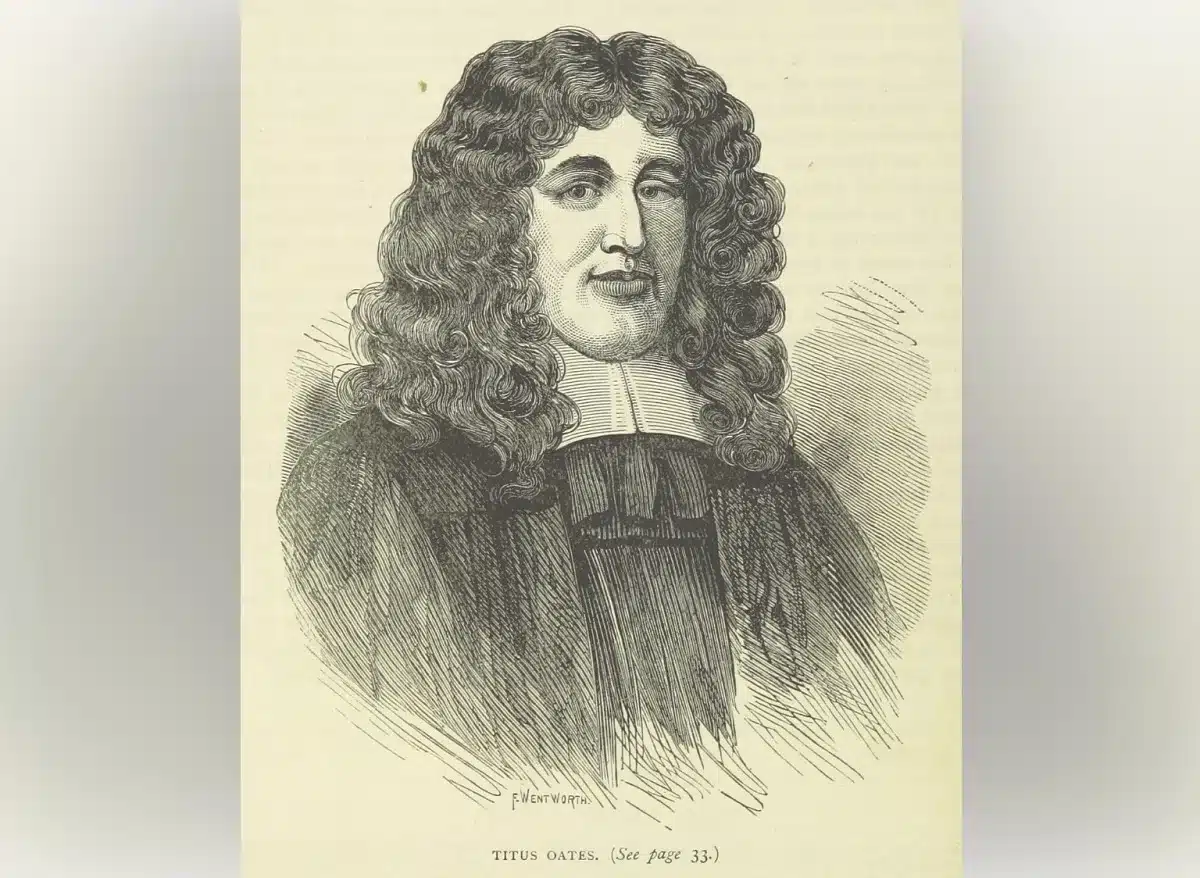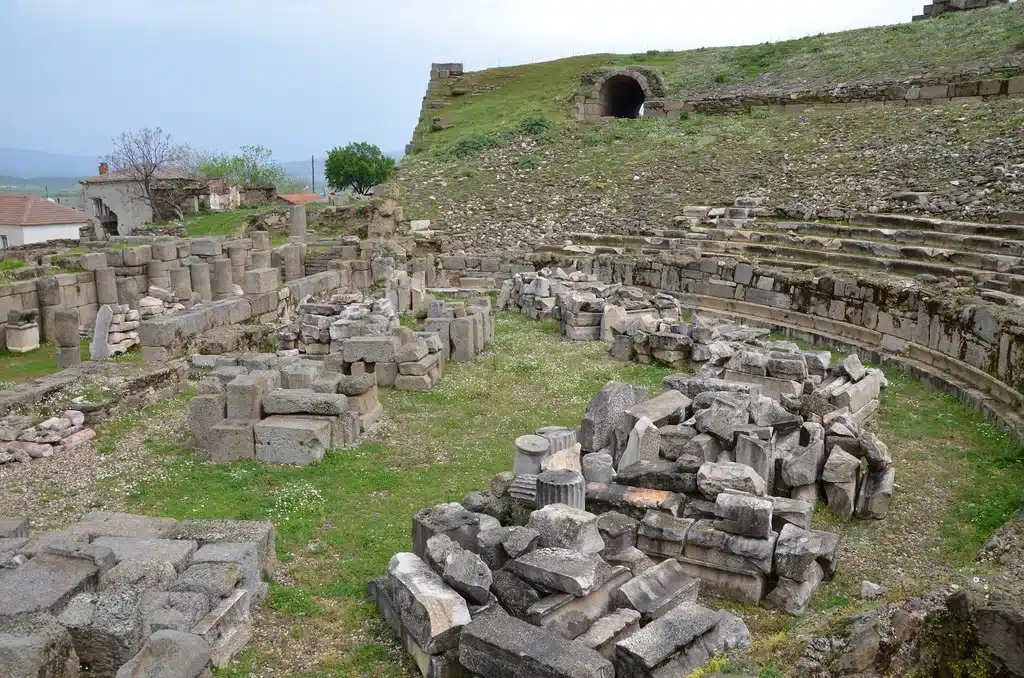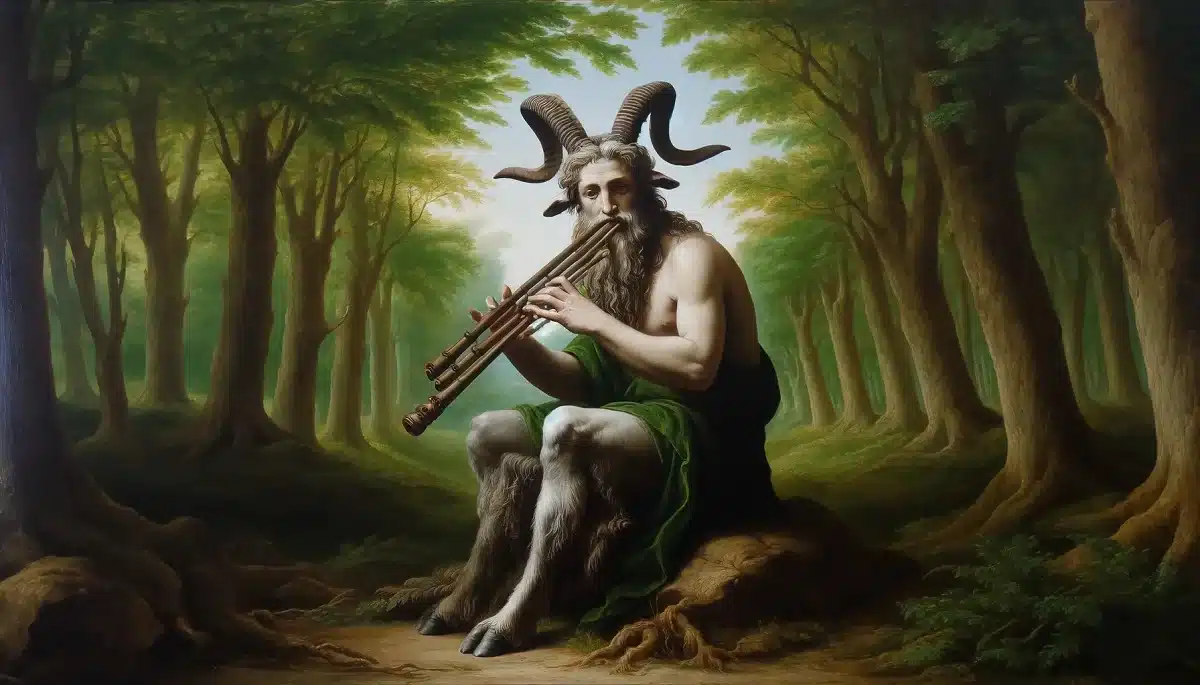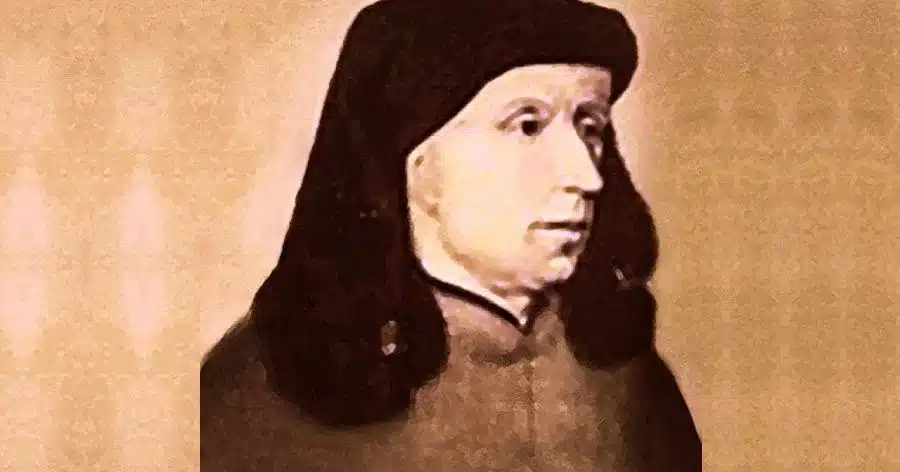His Life and Career
Bernardino Ochino is one of the most controversial and influential figures of the Renaissance period. Born in Siena, Italy, in 1487, Ochino took a great interest in the Catholic Church at a young age and eventually joined the Capuchin order as a monk. Ochino, who initially entered religious life as a Franciscan, became known as one of the most famous preachers of his time. Ochino’s sermons made him a well-known figure throughout Italy and earned him respect in many religious and intellectual circles.
Transformation and Reform Movements
The turning point in Ochino’s life began with his increased interest in the ideas of the Protestant Reformation. During the 1540s, despite increasing pressure, Ochino turned increasingly to reformist thought and eventually left the Catholic Church and emigrated to Switzerland. Here he came into contact with Reformation leaders such as Calvin and Zwingli, especially in Geneva and Zurich.
Within the reformist movement, Ochino wrote particularly on issues of religious tolerance and individual freedom of belief. The works he wrote during this period, especially his work called ‘Tragedies’, are among his best-known writings and attract attention with their content encouraging the questioning of religious dogmas. Ochino is known for his writings opposing the absolute power of religious authorities and advocating personal freedom of belief.
England Years and Later Life
Ochino’s reformist ideas led him to move to England in 1547. Here he supported the spread of Protestantism during the reign of Edward VI and established close relations with the Italian refugee community. However, with the accession of Mary Tudor and the restoration of Catholicism, Ochino was forced to leave England.
Ochino spent his last years in exile, living in Poland and finally Switzerland. He died in Zurich in 1564. Throughout his life, Ochino constantly emphasized religious tolerance and freedom of conscience, and these themes were reflected in his works and sermons.
Legacy
Bernardino Ochino’s legacy is still remembered today, especially for his radical thoughts within the Protestant Reformation and his criticism of the Catholic Church. Ochino’s challenge to religious authority and defense of freedom of belief have inspired much modern thought. Ochino remains an important figure in ongoing debates over freedom of religion and conscience, challenging both Catholic and Protestant theology.





